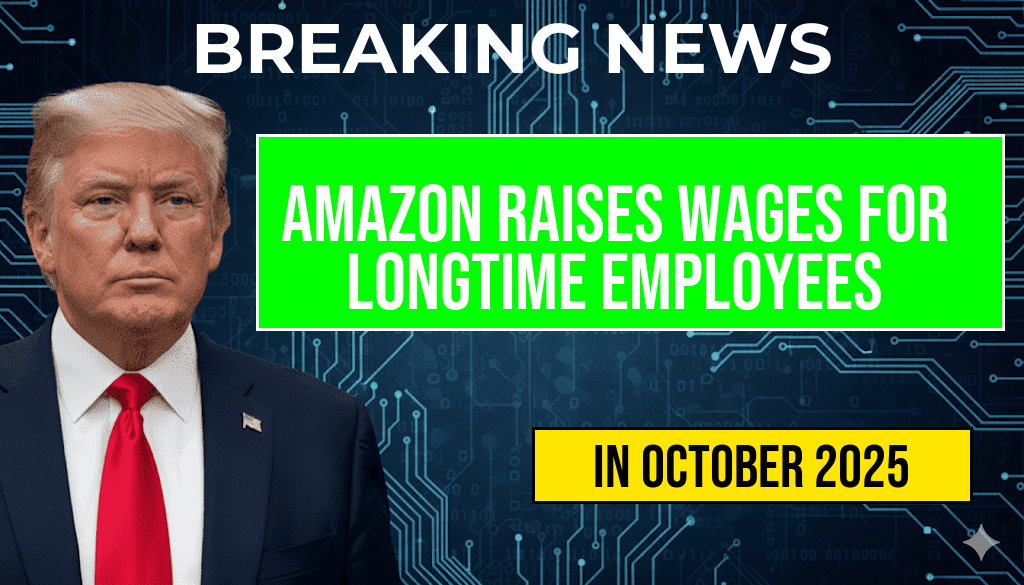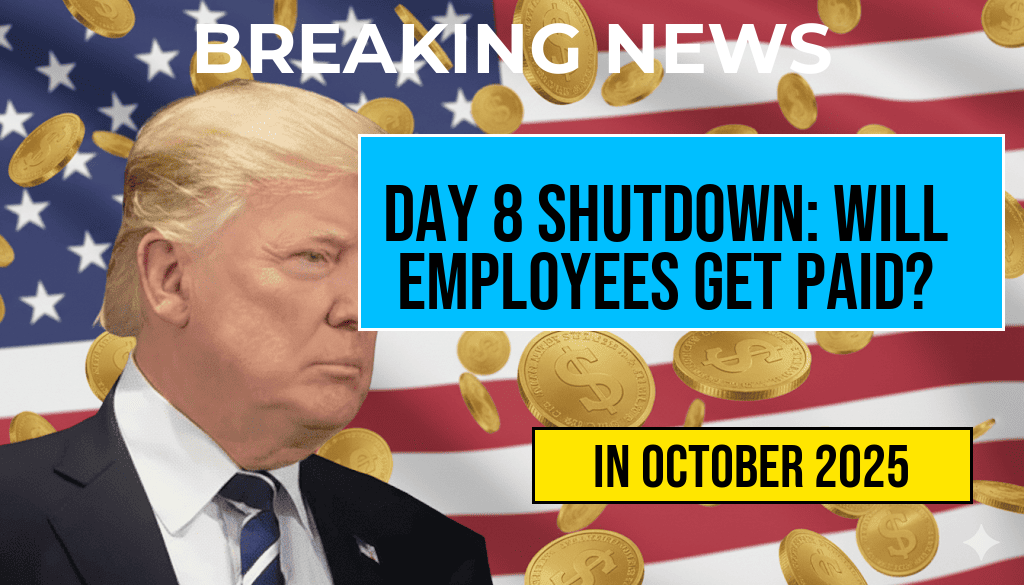As the federal government enters its eighth day of a partial shutdown, thousands of federal employees face mounting uncertainty over their paychecks. With congressional negotiations stalled over funding bills, many workers remain in limbo, questioning whether they will receive their full salaries or be left unpaid. While some agencies have implemented measures to provide interim support, the outlook remains uncertain for many, especially those in essential roles who are expected to work without pay until a resolution is reached. The shutdown has disrupted a wide range of services—from national security and public health to administrative functions—exposing vulnerabilities in the federal budget process. As lawmakers remain divided, federal employees and their families grapple with financial stress, highlighting the broader implications of political impasses on everyday Americans.
Current Status of Federal Employee Pay During the Shutdown
Essential vs. Non-Essential Workers
Federal employees are categorized as either essential or non-essential, a distinction that determines whether they are required to work during a shutdown. Essential workers—such as law enforcement, border patrol agents, and medical personnel—are expected to continue their duties, but many face a critical question: will they receive their paychecks?
Under the current circumstances, federal law stipulates that employees who are required to work during a shutdown are generally entitled to back pay once funding is restored. However, this does not alleviate immediate financial hardship, as many employees must wait weeks or even months for their paychecks to catch up.
Payment Policies and Temporary Measures
While the government often insulates essential personnel from immediate financial consequences, the reality is more complex. Some agencies have opted to prioritize payroll processing, ensuring that critical staff receive their paychecks on schedule. Others have advised employees to prepare for delays, emphasizing that pay may be deferred until Congress resolves the funding issues.
| Employee Category | Expected Pay | Notes |
|---|---|---|
| Essential workers working during shutdown | Likely to be paid retroactively | Pay delayed until funding is restored |
| Non-essential workers furloughed | No pay during shutdown | May receive back pay after resolution |
| Employees working without pay | Unpaid until funding resumes | Financial hardship concerns rising |
Legal and Political Context Surrounding Federal Pay
Congressional Authority and Past Precedents
The authority to fund government operations rests with Congress, which must pass appropriations bills to keep agencies running. When these bills are not signed into law, a shutdown occurs, halting non-essential services. Historically, Congress has guaranteed back pay for federal workers affected by shutdowns, but the process can be delayed, adding to financial stress for employees.
Legislation such as the Antideficiency Act prohibits federal agencies from incurring obligations or making expenditures in excess of appropriations, which complicates ongoing payroll processing during shutdowns. Nonetheless, past shutdowns have demonstrated that, with political will, back pay can be expedited, minimizing hardship.
Current Political Standoff
The current deadlock centers on disagreements over spending priorities, border security funding, and other legislative provisions. As negotiations drag on, the threat of prolonged shutdown looms, raising concerns about the sustainability of federal operations and the financial stability of workers who rely on timely paychecks.
Impact on Federal Employees and Public Services
Financial Hardship and Personal Consequences
- Delayed or missing paychecks causing difficulty in meeting financial obligations
- Increased reliance on credit or savings to cover essential expenses
- Potential eligibility reductions for benefits or services due to missed payments
Disruption of Public Services
The shutdown hampers numerous government functions, including processing of applications for Social Security, veterans’ benefits, and federal permits. Agencies like the Department of Homeland Security and the Internal Revenue Service face staffing shortages, leading to delays that ripple through the economy and public safety.
Looking Ahead: Will Federal Employees Receive Full Pay?
Possibility of Back Pay and Congressional Action
Most experts agree that, historically, Congress has authorized back pay for federal employees affected by shutdowns. However, the timing remains uncertain, and the prolonged nature of this impasse exacerbates financial difficulties for many workers. If negotiations proceed favorably, federal employees could see their paychecks retroactively issued, but the process may take weeks.
Potential Legislative Solutions
- Emergency Funding Bills: Legislation to provide immediate pay to affected workers
- Budget Agreements: Long-term compromises to prevent future shutdowns
- Paid Leave or Advance Payments: Alternative measures to support employees during temporary lapses
For now, federal employees and their families await clarity amid ongoing political negotiations, with many facing mounting financial pressure. The outcome hinges on congressional cooperation and the willingness to prioritize essential services and worker compensation amid partisan disagreements.
Frequently Asked Questions
Question
What is the current status of federal employee pay on Day 8 of the shutdown?
Question
Will federal employees receive full pay or will their pay be delayed or withheld during this shutdown?
Question
Are essential federal employees still working without pay, and if so, when will they receive their back pay?
Question
What financial resources are available to federal employees facing income disruptions due to the shutdown?
Question
How long could the shutdown last, and what impacts might it have on federal services and employees?










